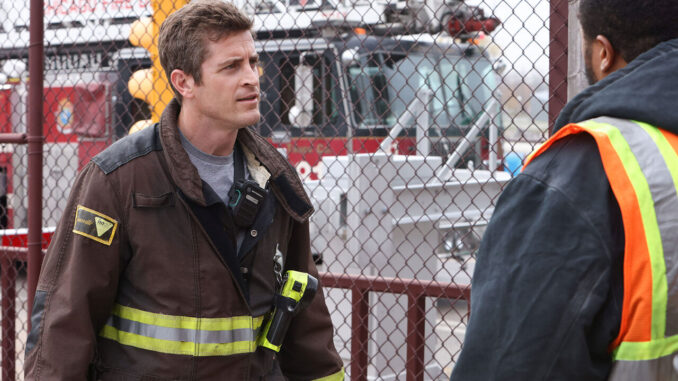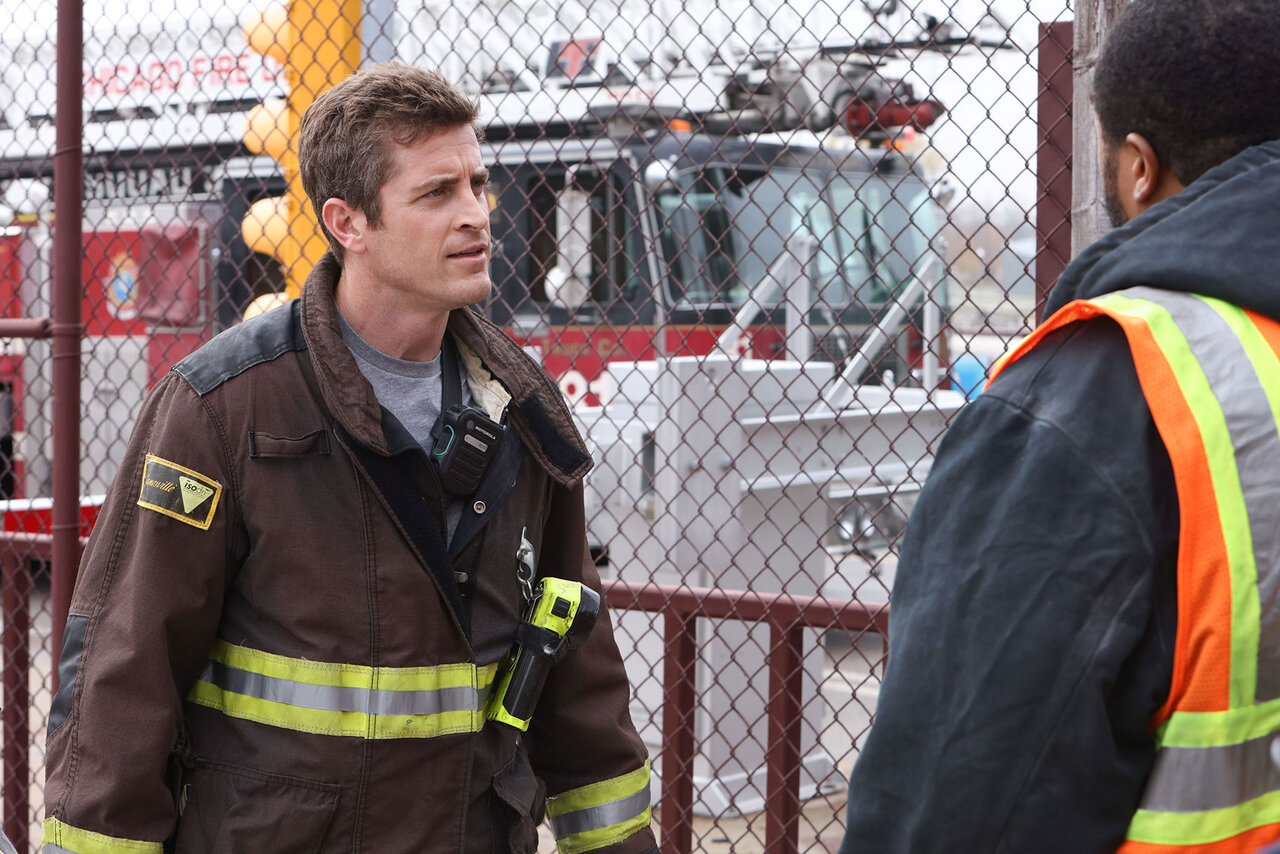
The Perpetual Audition: Carver’s Replacement on Chicago Fire Extends a Troubling 6-Year Trend
Chicago Fire, a cornerstone of Dick Wolf’s expansive television universe, has long captivated audiences with its visceral portrayal of heroism, sacrifice, and the unbreakable bonds forged in the crucible of Firehouse 51. For over a decade, viewers have become deeply invested in the lives of Kelly Severide, Stella Kidd, Christopher Herrmann, and the countless others who have graced its hallowed halls. Yet, beneath the comforting glow of the firehouse, a disquieting pattern has emerged, one that the recent discussion around Carver’s replacement only underscores: a troubling six-year trend of character churn that threatens to unravel the show’s very fabric of emotional investment.
The strength of Chicago Fire in its early seasons lay in its robust ensemble. We watched characters grow, falter, and ultimately triumph, their intertwining lives creating a rich tapestry of personal and professional drama. The departures, when they came, were seismic – Leslie Shay’s tragic death, Gabby Dawson’s painful exit – each leaving a profound, unfillable void. These were not mere replacements; they were moments of grief and evolution that the remaining characters and the audience had to navigate.
However, somewhere around its fifth or sixth season, the rhythm shifted. The occasional, impactful departure gave way to a relentless revolving door, particularly for those characters meant to inject “new blood,” offer romantic complications, or fill a specific narrative slot. Suddenly, Firehouse 51 began to feel less like a permanent family and more like a perpetually open audition. We met paramedics, candidates, lieutenants, and even love interests who, despite initial promising arcs, would vanish as quickly as they appeared, their stories left dangling or summarily concluded with little fanfare.
This is where the “troubling” nature of the trend truly manifests. When a character like Carver, who himself was introduced as a new, complex presence and a potential romantic foil for Stella Kidd, becomes just another placeholder, it sends a clear message to the audience: don’t get too attached. We invest our time, our emotions, our hopes into these new faces, only for them to evaporate, taking with them any burgeoning storylines or potential for long-term development. This isn’t the organic ebb and flow of a long-running show; it’s a narrative quicksand, constantly pulling new characters down before they can truly establish a foothold.
Consider the narrative toll. Each new face requires exposition, backstory, and integration into existing dynamics. When these characters are ephemeral, the energy spent on their introduction feels wasted, leading to a sense of fatigue. Viewers find themselves hesitating to invest, to learn a new backstory, to root for a fresh face, because the specter of their imminent departure looms large. The constant flux prevents the development of deep, nuanced relationships that once defined the show. How can new bonds be forged if the participants are constantly changing? The emotional stakes diminish significantly when the core cast is surrounded by an ever-shifting array of supporting players.
The “Carver’s Replacement” scenario, whether it signals the actual departure of an actor or merely the conceptual replacement of his narrative function, is merely the latest symptom of this underlying condition. It suggests a creative approach that prioritizes superficial dynamism over substantive character development. It implies that certain roles are simply slots to be filled, rather than unique individuals whose arcs contribute meaningfully to the overarching story. The emotional resonance of Firehouse 51 stems from its ensemble, from the deep-seated connections that have been forged over years of shared trauma and triumph. When those connections are constantly being tested by the introduction and rapid elimination of new players, the very foundation of the show begins to erode.
In essence, the six-year trend of excessive character turnover transforms Chicago Fire from a compelling character study into a serial drama with an increasingly disposable supporting cast. While the main characters remain anchors, their world becomes less stable, less believable, and ultimately, less engaging. The enduring appeal of Firehouse 51 isn’t just about the fires they fight; it’s about the family that fights them. If that family’s extended members are perpetually auditioning for roles they will never truly inhabit, then the show risks losing the very heart that has kept it burning brightly for so long. The hope, then, is that the showrunners will recognize this troubling trend and choose to nurture their new characters with the same care and commitment that forged the legends of Firehouse 51.

